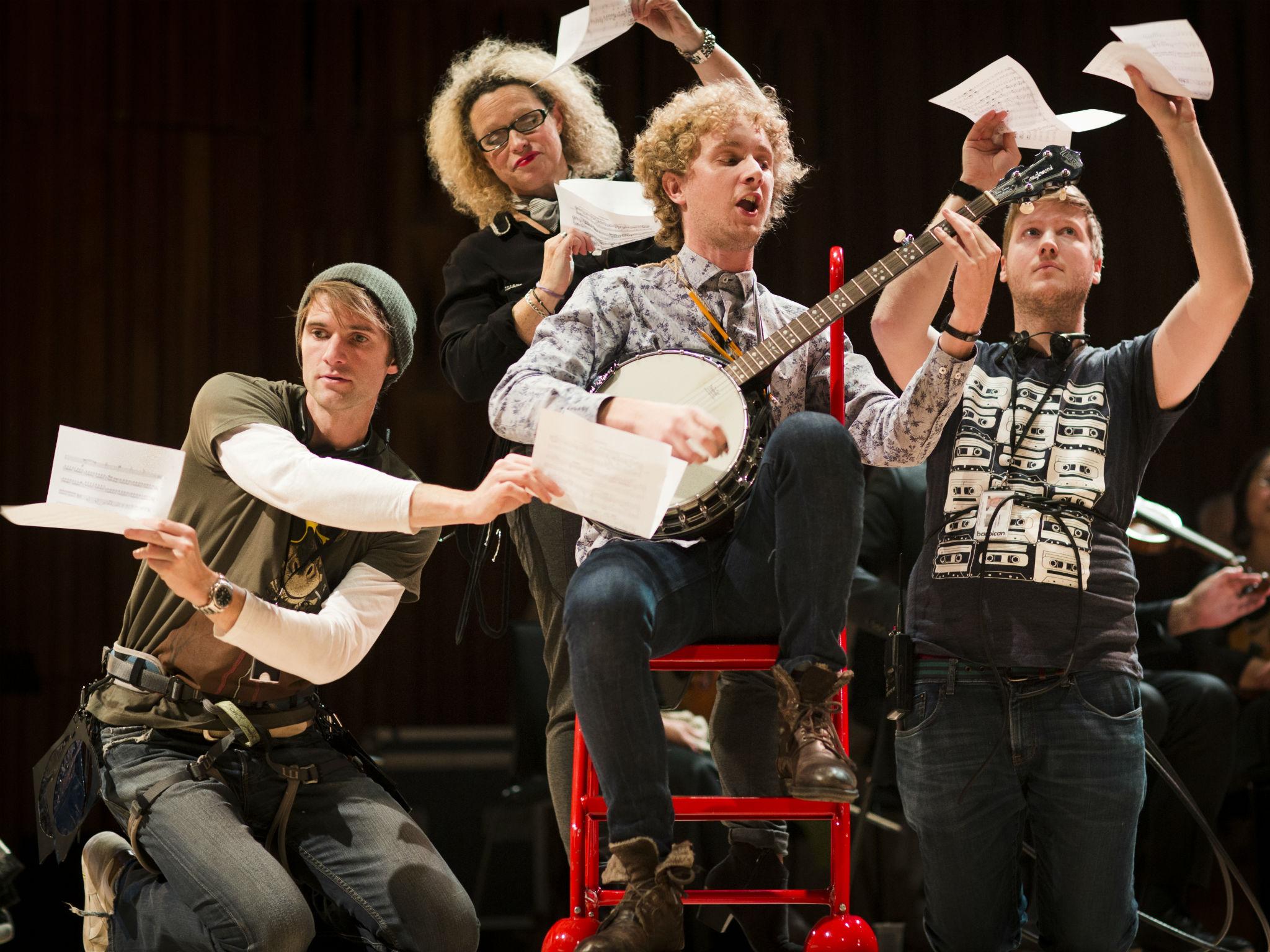The Fairy Queen, Barbican, London, review: ‘the evening was a delightful succession of phantasmagoric tableaux’
The Academy of Ancient Music’s presentation of Purcell’s fantastical semi-opera ‘The Fairy Queen’ is the stuff of dreams, says Cara Chanteau

Your support helps us to tell the story
From reproductive rights to climate change to Big Tech, The Independent is on the ground when the story is developing. Whether it's investigating the financials of Elon Musk's pro-Trump PAC or producing our latest documentary, 'The A Word', which shines a light on the American women fighting for reproductive rights, we know how important it is to parse out the facts from the messaging.
At such a critical moment in US history, we need reporters on the ground. Your donation allows us to keep sending journalists to speak to both sides of the story.
The Independent is trusted by Americans across the entire political spectrum. And unlike many other quality news outlets, we choose not to lock Americans out of our reporting and analysis with paywalls. We believe quality journalism should be available to everyone, paid for by those who can afford it.
Your support makes all the difference.The Barbican opened its new season with a wonderfully realised semi-staged performance by Richard Egarr and the Academy of Ancient Music of Purcell’s semi-opera The Fairy Queen, based on Shakespeare’s A Midsummer Night’s Dream. Though containing stunning symphonies and songs much plundered for recitals, it actually consists of five largely plotless masques, so director Daisy Evans wisely jettisoned any attempt to superimpose a narrative, offering instead a sort of controlled chaos as the performance was overrun by stage hands and technicians still bustling round the orchestra centre-stage, only gradually revealed as the singers.
And what singers they were: Iestyn Davies’s superlative counter-tenor, revealing his acting chops still in very good order in “No, no, no, no kissing at all”; Gwilym Bowen a charismatic young high tenor beside fellow tenor Charles Daniels’s clean timbre; bass Ashley Riches, a Radio 3 New Generation artist, swaggering with great panache as the drunken poet, while late stand-in soprano Rowan Pierce gave a heart-piercing account of “O let me ever weep”. Underpinned by the Academy’s informed musicianship – as vibrant in its fanfares as it was sensitive in its pianissimos – the evening was a delightful succession of phantasmagoric tableaux, conjured by Jake Wiltshire’s subtle shifts of lighting. The first of three Purcell semi-operas programmed over the next three years at the Barbican, this performance argues strongly for making a point to catch the next one.
Join our commenting forum
Join thought-provoking conversations, follow other Independent readers and see their replies
Comments